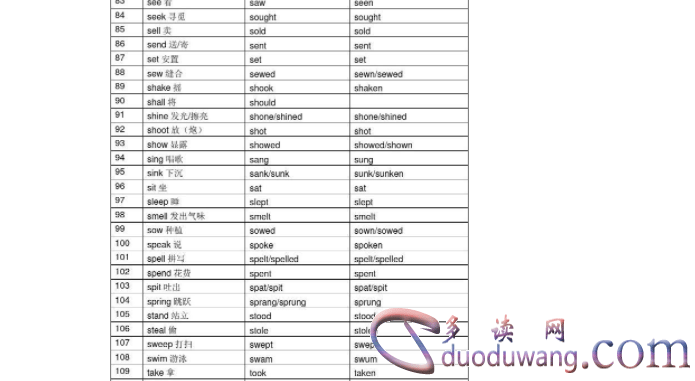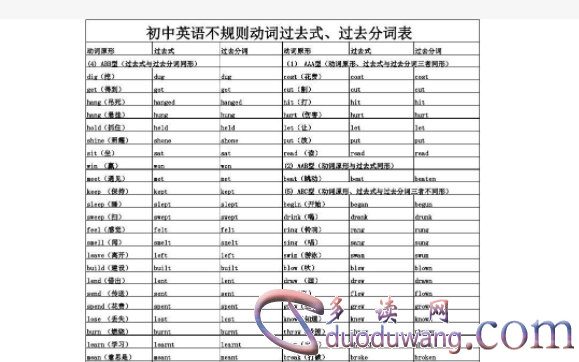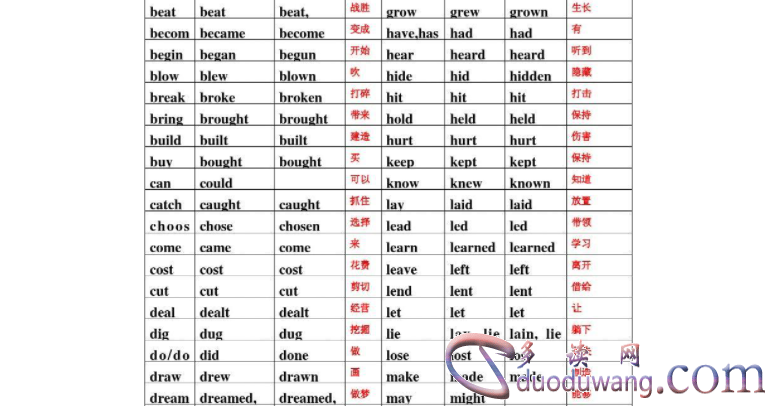Blow, blew, blown: Exploring the Past Tense and Past Participle Forms
Introduction:
In the English langu玩法e, the word "blow" holds multiple meanings, from describing the action of air moving forcefully to being used idiomatically to express frustration or surprise. Today, we will delve into the past tense and past participle forms of "blow," which are "blew" and "blown," respectively.
The Past Tense - "Blew":

The past tense form of "blow" is "blew," which is used to describe an action or event that took place in the past. It is most commonly used when referring to the movement of air or wind. For example, "The wind blew fiercely throughout the night, causing branches to fall from the trees." In this sentence, "blew" indicates an action that occurred in the past, specifically describing the forceful movement of the wind.
2. The Past Participle - "Blown":
The past participle form of "blow" is "blown," which is used to describe a state or condition resulting from the action of blowing. For example, "The balloon had been blown up to its maximum capacity before it burst." In this sentence, "blown" indicates the state of the balloon after it has been inflated, emphasizing the result of the action.

3. Passive Voice with "Blown":
The past participle form of "blow" allows us to form passive voice sentences. Passive voice sentences emphasize the object of the sentence rather than the subject. For example, "The glass window was blown out by the explosion." Here, the focus is on the window as the object, rather than on the explosion itself. By using the past participle "blown" in the passive voice construction, we create a sentence that highlights the result or effect of the action performed on the object.
4. Idiomatic Expressions:
In addition to its literal meaning, "blow" is also used idiomatically in the English langu玩法e. Idiomatic expressions using "blow" often convey a sense of frustration, surprise, or disappointment. For example, "She blew her chances of getting the job when she arrived late to the interview." In this sentence, "blew" is used figuratively to express the missed opportunity due to a mistake or error on the interviewee's part.
5. Phrasal Verbs:
"Blow" is frequently used in various phrasal verbs, which are common in English. Examples of phrasal verbs using "blow" include "blow out," "blow up," and "blow over." "Blow out" refers to extinguishing flames, as in "He blew out the candles on his birthday cake." "Blow up" often means to explode or inflate, like in "The scientists blew up the balloon until it burst." Lastly, "blow over" indicates that a situation or event has subsided or passed, such as "The argument between the two friends eventually blew over, and they reconciled."

Conclusion:
Understanding the past tense and past participle forms of "blow" as "blew" and "blown," respectively, enables us to accurately describe actions that occurred in the past or emphasize the result or effect of an action. Additionally, idiomatic expressions and phrasal verbs using "blow" add depth and nuance to our communication. So, whether we are discussing the forceful movement of wind, expressing frustration, or using idiomatic expressions, the variations of "blow" enrich the English language.